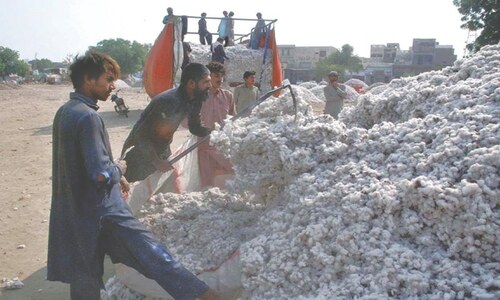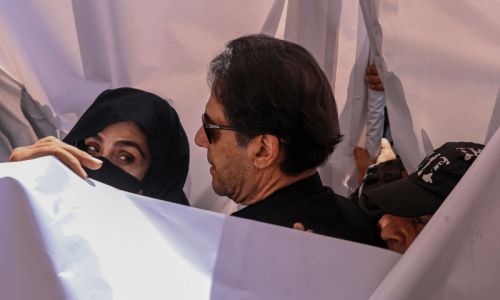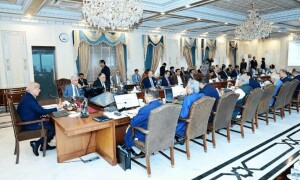ISLAMABAD: Pakistan has emerged as a leading destination for imported second-hand textiles that are being recycled and sold in high-end markets, contributing to creating a more sustainable economy.
This emerged in a seminar on “Circularity and Used Textiles Trade in Pakistan: Policy and Practice for Sustainable Development”, on Wednesday. The Sustainable Development Policy Institute (SDPI), in collaboration with the European Union (EU) and United Nations Environment Programme (UNEP), organised the seminar.
UNEP’s Trade Policy Unit Chief Asad Naqvi said second-hand textiles are important for the poor masses and small and medium enterprises and value chains that are around it.
It is the perfect osmosis that creates harmony among resource efficiency and environment, social economic side, and poverty. The textile sector will grow globally and Pakistan can grab a significant share which can be possible through public finance or private financing in the textile sector.
SDPI Executive Director Dr Abid Suleri said importing, sorting and resale of imported textiles is promoting the local industry and is creating employment. Second-hand textiles are being refurbished and sold in the posh markets of Islamabad, and this programme will contribute greatly towards the green economy, he added.
EU delegation’s head of cooperation to Pakistan Jeroen Willems said: “Pakistan is among the top importers of such second-hand textiles. In the EU, there is a notion of ‘fast fashion’ in which on average people discard a shirt after using it seven times. Resulting in a huge waste of many resources.”
Mr Willems said that some 12.6 million tonnes of textile waste is produced in the EU every year. He added that the EU is developing rules regarding effective sorting of clothes that are to be reused or recycled.
National Security Division Joint Secretary Samira Sheikh said textile circularity has great significance to Pakistan. “The world is changing around us and the climate crisis is making the industry rethink traditional modes of consumption and production.”
She said the EU is encouraging nations to help make the region climate-neutral by 2050. “Pakistan exports 68 per cent of its textiles to the EU. The circularity can extend the life cycle of a product in situations of crisis and limitations in resources and create job opportunities for the community in a sustainable and environmentally friendly manner,” she added.
Published in Dawn, August 1st, 2024















































Dear visitor, the comments section is undergoing an overhaul and will return soon.